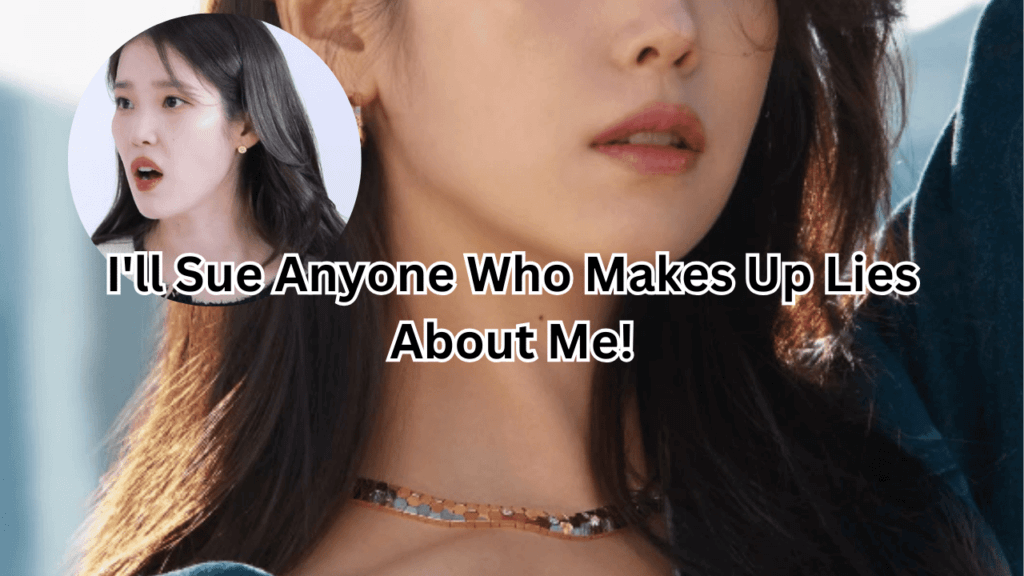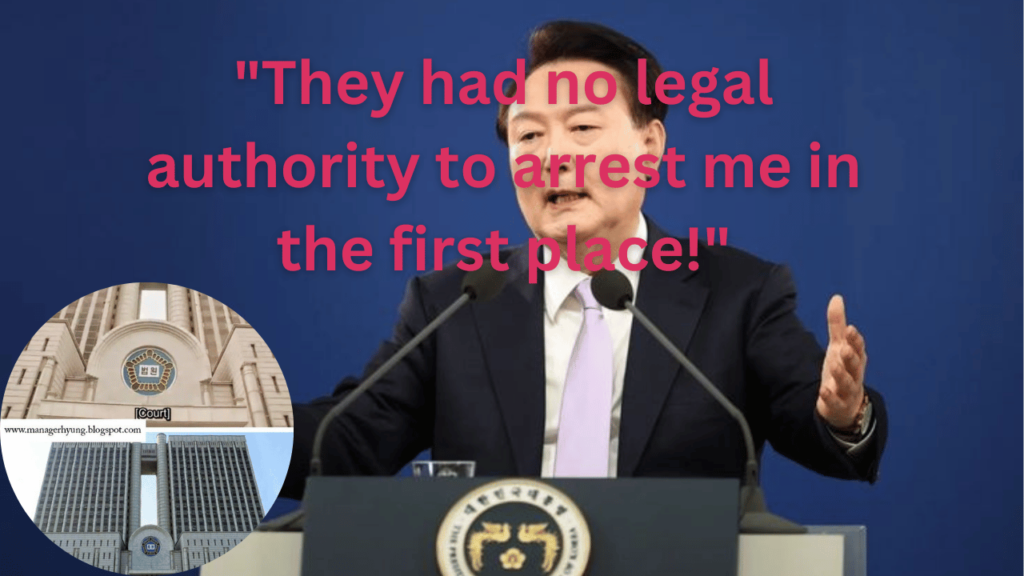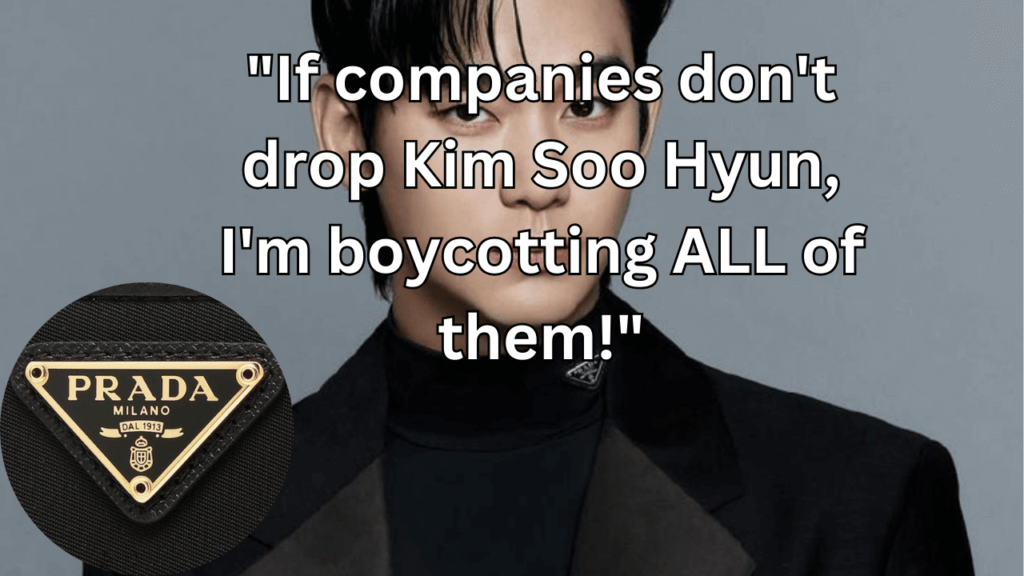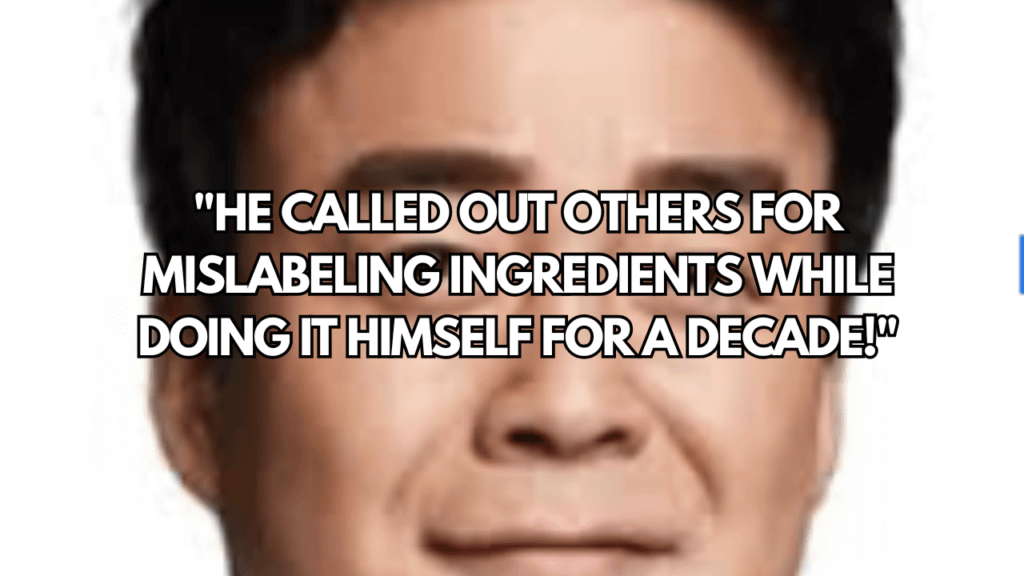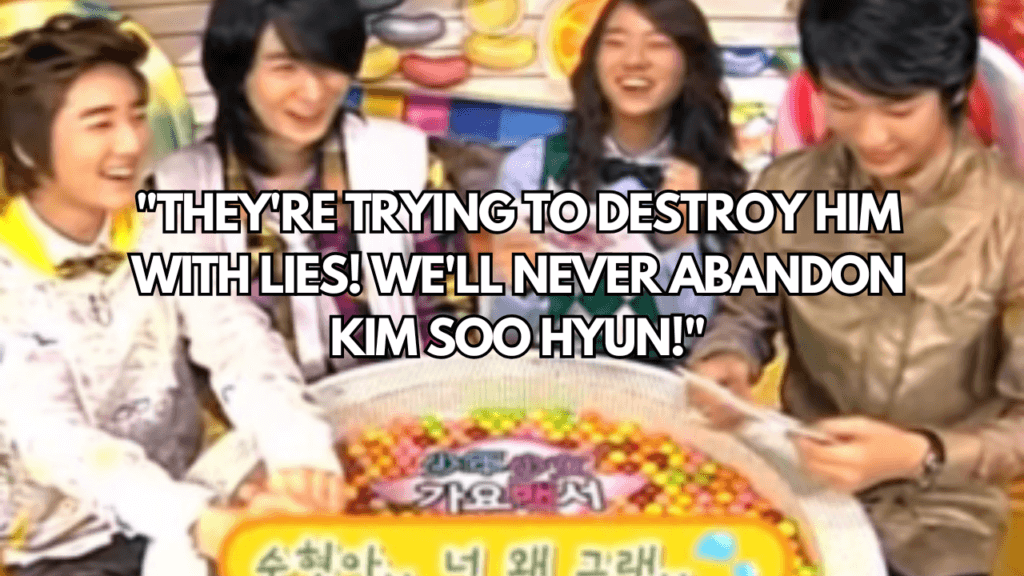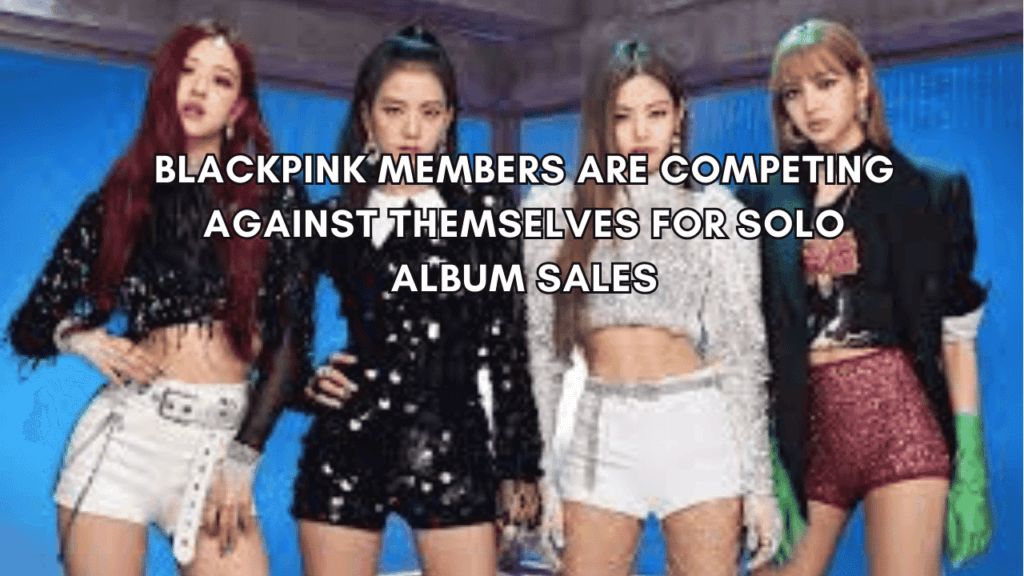IU Hate Comments Lawsuit: The Truth Behind What Truly Hurts The K-pop Queen
K-pop soloist IU hate comments lawsuit revelation has shocked many fans recently. The beloved singer-songwriter opened up about the specific type of negative feedback that genuinely affects her, and it’s not what most people would expect. While celebrities often face harsh criticism online, IU’s perspective on what constitutes actual hate speech provides a fascinating glimpse into her character and values.
In a recent candid discussion, IU shared her thoughts on the various types of criticism she receives. Surprisingly, the “Good Day” singer revealed that certain comments many would consider hurtful don’t actually bother her at all. This revelation has sparked conversations among Seoul Crushers and the wider K-pop community about online behavior and its real-world consequences.
See Also: Kim Soo Hyun and Kim Sae Ron Kiss Photo Leaks Amid Age Gap Claims
What IU Actually Doesn’t Mind About Criticism
When it comes to IU hate comments lawsuit considerations, the singer made it clear that not all negative feedback falls into the category of actionable offense. Remarkably, IU disclosed that she doesn’t take offense to comments criticizing her physical appearance. These remarks, which might devastate others, simply roll off her back as subjective opinions rather than factual attacks.
Similarly, the multi-talented artist doesn’t consider critiques of her singing abilities or acting performances as hate comments. IU views these assessments as merely personal opinions from individuals who may have different tastes or expectations. This mature perspective demonstrates her confidence and security in her talents, despite being in an industry where appearance and performance are constantly scrutinized.
“These aren’t mean comments to me,” IU essentially explained, showing remarkable emotional intelligence in distinguishing between subjective criticism and actual malicious intent. Her ability to separate personal opinions from harmful attacks reveals a level of maturity that many celebrities struggle to achieve.
The IU Hate Comments That Cross The Line
The IU hate comments lawsuit threat becomes real when it comes to one specific category of online behavior. The singer firmly stated that she considers comments falsely accusing her of actions she never committed as genuine hate speech—and she’s willing to take legal action against such defamation.
What makes these false accusations particularly harmful in IU’s eyes is their potential ripple effect. She emphasized that defamatory comments don’t just affect her personally but can damage the careers and reputations of countless people who work with her. This consideration for her team and colleagues highlights IU’s thoughtfulness and responsibility as an industry leader.
Some of these malicious comments attempt to tarnish her character by fabricating stories about her past or present behavior. These baseless accusations go beyond opinion into the realm of harmful lies that can have real consequences in both personal and professional spheres. IU believes these types of fabricated claims represent the true definition of hate comments that warrant legal intervention.
Final Thoughts: Why IU’s Stance On Hate Comments Lawsuit Matters
IU’s approach to hate comments lawsuit threats reveals much about her character and values as an artist. By distinguishing between subjective criticism and malicious defamation, she demonstrates a nuanced understanding of free speech versus harmful lies. Her willingness to take legal action against false accusations shows her commitment to protecting not just herself but everyone in her professional circle.
The singer’s perspective offers an important lesson about responsible online behavior and the real-world consequences of spreading misinformation. As digital citizens, we all have a responsibility to consider how our words might impact others, especially when making claims that could damage reputations and livelihoods.
What do you think about IU’s approach to handling online criticism? Do you agree with her distinction between subjective opinions and harmful defamation? Share your thoughts in the comments below!
